In a digital-first business environment, enterprises depend on APIS to offer streamlined information flow throughout the marketing operations.
B2B marketers today need various tools in their IT infrastructure to streamline their marketing operations. Marketing tech stacks have Content Management Solution (CMS), Digital Asset Management (DAM) tools, marketing automation platforms, and other tools integrated into them. It is crucial for enterprises to make the most out of applications, tools, and systems integrated into the tech stack.
Poorly integrated MarTech stack can have negative impacts on the presales workflows and efficiency. CMOs should consider integrating application program interfaces into their IT infrastructure to enable interactions between different systems and applications.
The API-first approach is a perfect way to leverage the capabilities of multiple applications in the Marketing tech stack.
Also Read: Lessons from the Pandemic for Maximizing ROI in 2021
Here are a few ways to Bolster application program interface APIs into the MarTech stack:
Managing APIS efficiently
Enterprises that depend on the DevOps teams to integrate the application program interface into the execution will make the information flow complex. Presales teams will leverage the API integration daily to execute the B2B marketing campaigns successfully. CMOs should consider exploring all the opportunities in the marketing operations that can be enhanced by integrating APIs. Enterprises need to empower the marketing teams to manage the application program interface without the help of DevOps. Developing the marketing operations teams to execute simple encryption and create, manage and expose APIs will enable enterprises to control APIs effectively.
CMOs should consider hiring tech-savvy marketing professionals to manage and control the APIs. B2B marketing teams with skilled resources will assist the enterprises in standing out in the marketplace digital marketplace. Another significant factor that presales operations need to consider is to improve the effectiveness of their campaigns. Assigning the API governance responsibilities to the marketing teams will streamline and centralize their source of truth to ensure seamless information flow across channels.
Implementing the right API management tools for the MarTech stack
Enterprises need to have an efficient application program interface implementation approaches to make the most out of this technology. The core purpose of API integration into the MarTech stack is to ensure seamless information flow throughout the marketing operations. CMOs should consider mapping out the workflows and customer flows to spot all the API integrations required to enhance the B2B buying experience.
Also Read: Data Creativity Score: A Better Way to Measure Creativity
Understanding the current integration challenges will help businesses to spot all the areas that can be improved with the application program interface. It is crucial to have seamless integration between all the applications of the MarTech stack to optimize the outputs. Every application will have its own characteristics and governance policies to collaborate with other tools. CMOs should consider understanding the limitations of every system while interacting with other tools to design a strategic plan to overcome the challenge. Enterprises need to ensure they implement the best application program interface tools that scale with the marketing needs.
Deploy APIs into the marketing stack in phases
Making drastic changes in the MarTech stack can have disastrous impacts on the workflows. Marketing teams should consider deploying API projects into phases to minimize the investment and risks associated with implementation. If the API integration works successfully on one aspect of marketing, then it can be applied to the entire presales operations. It is crucial for enterprises to explore and evolve their API development strategies based on the design, security, testing, and documentation demands.

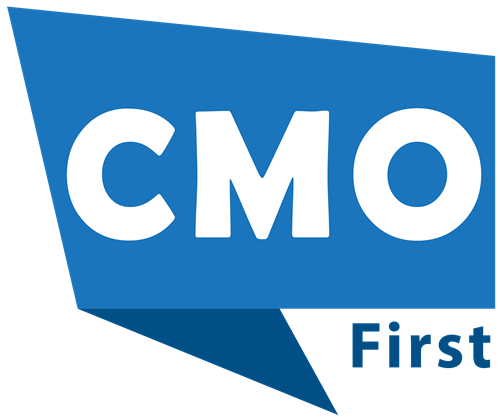




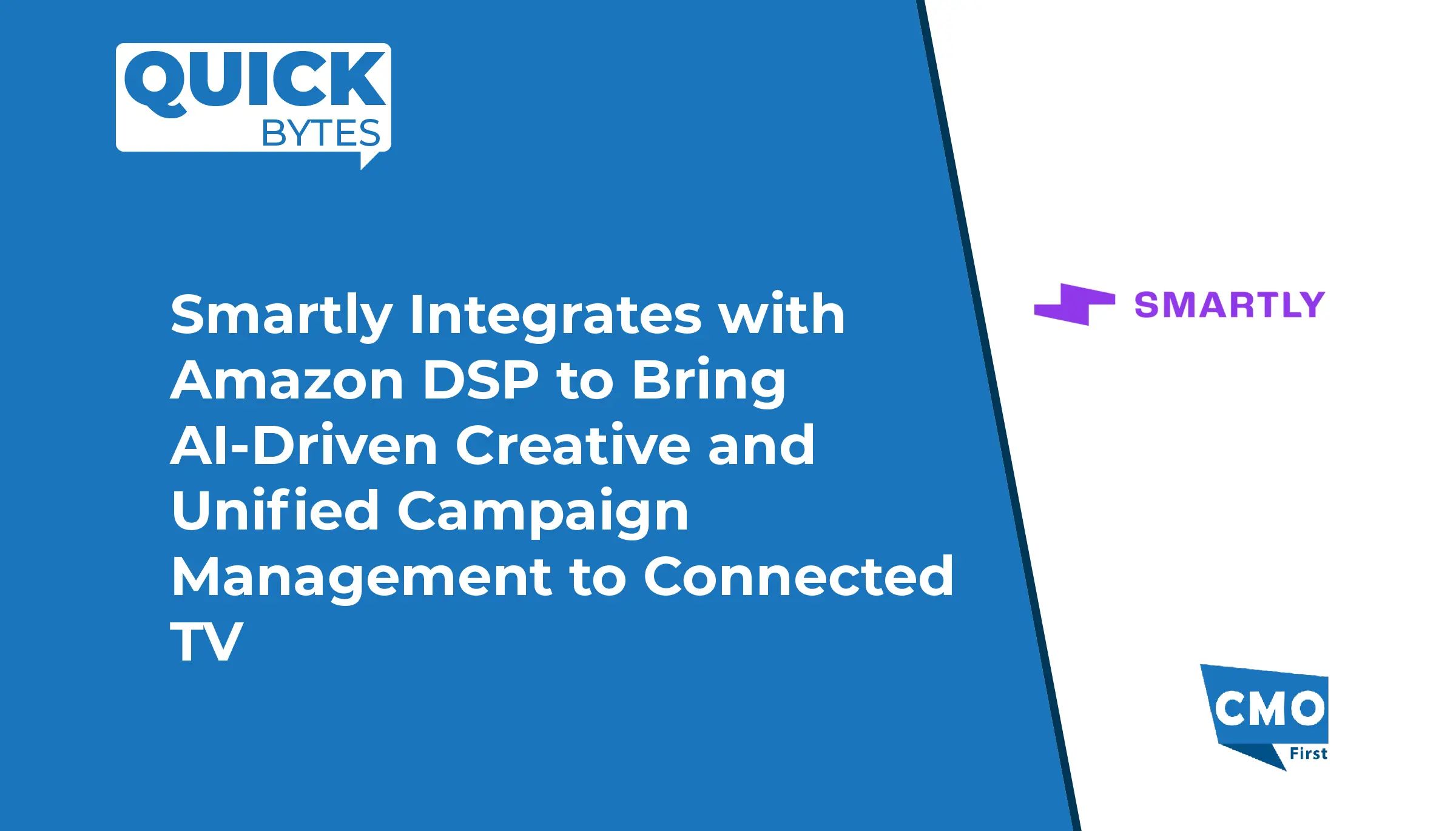

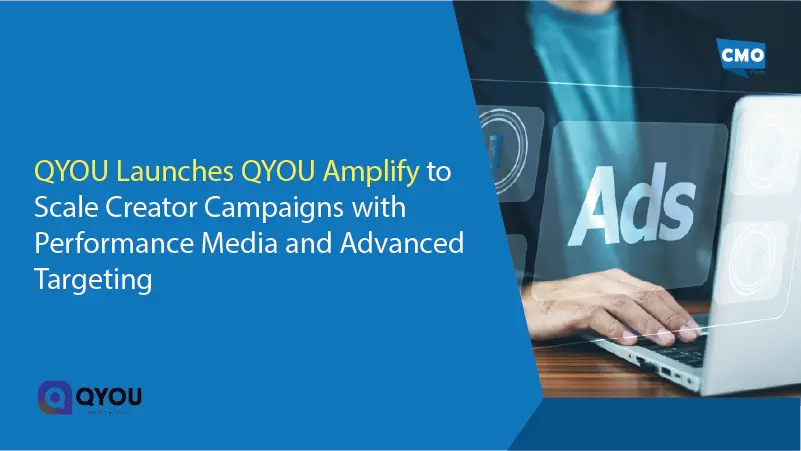
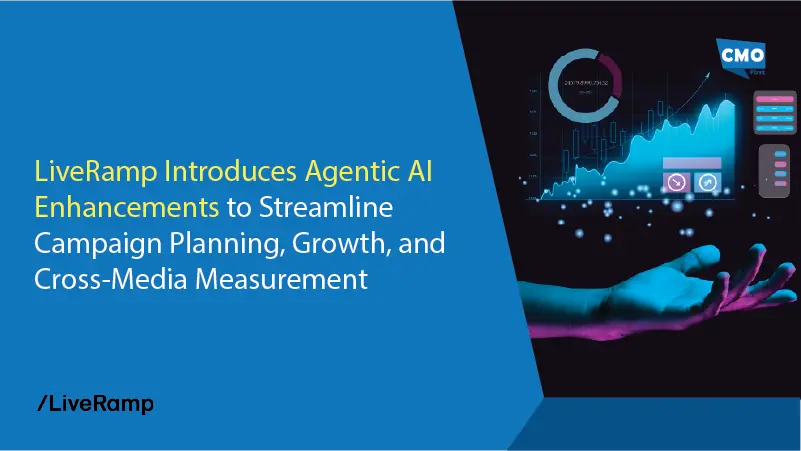

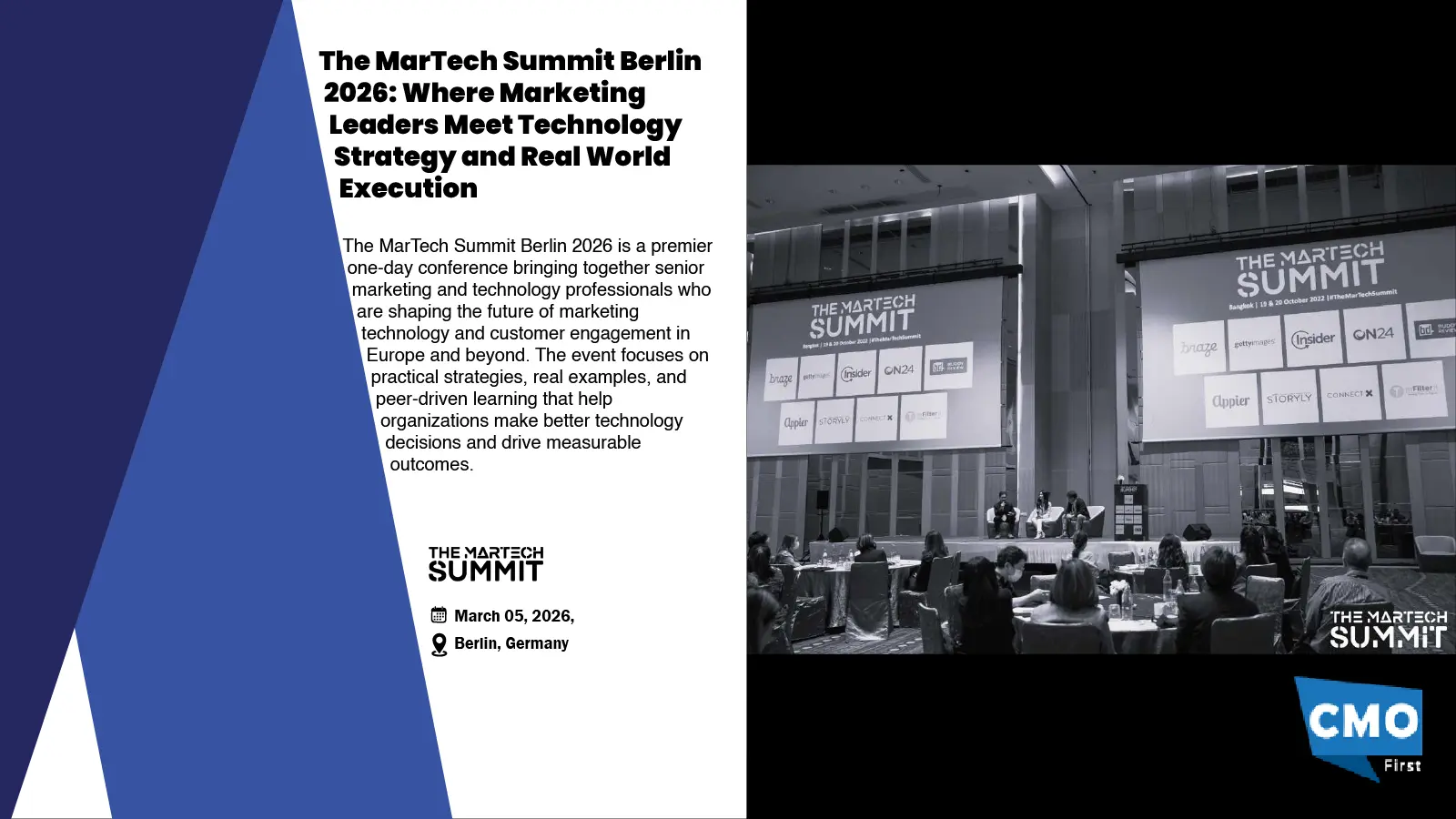

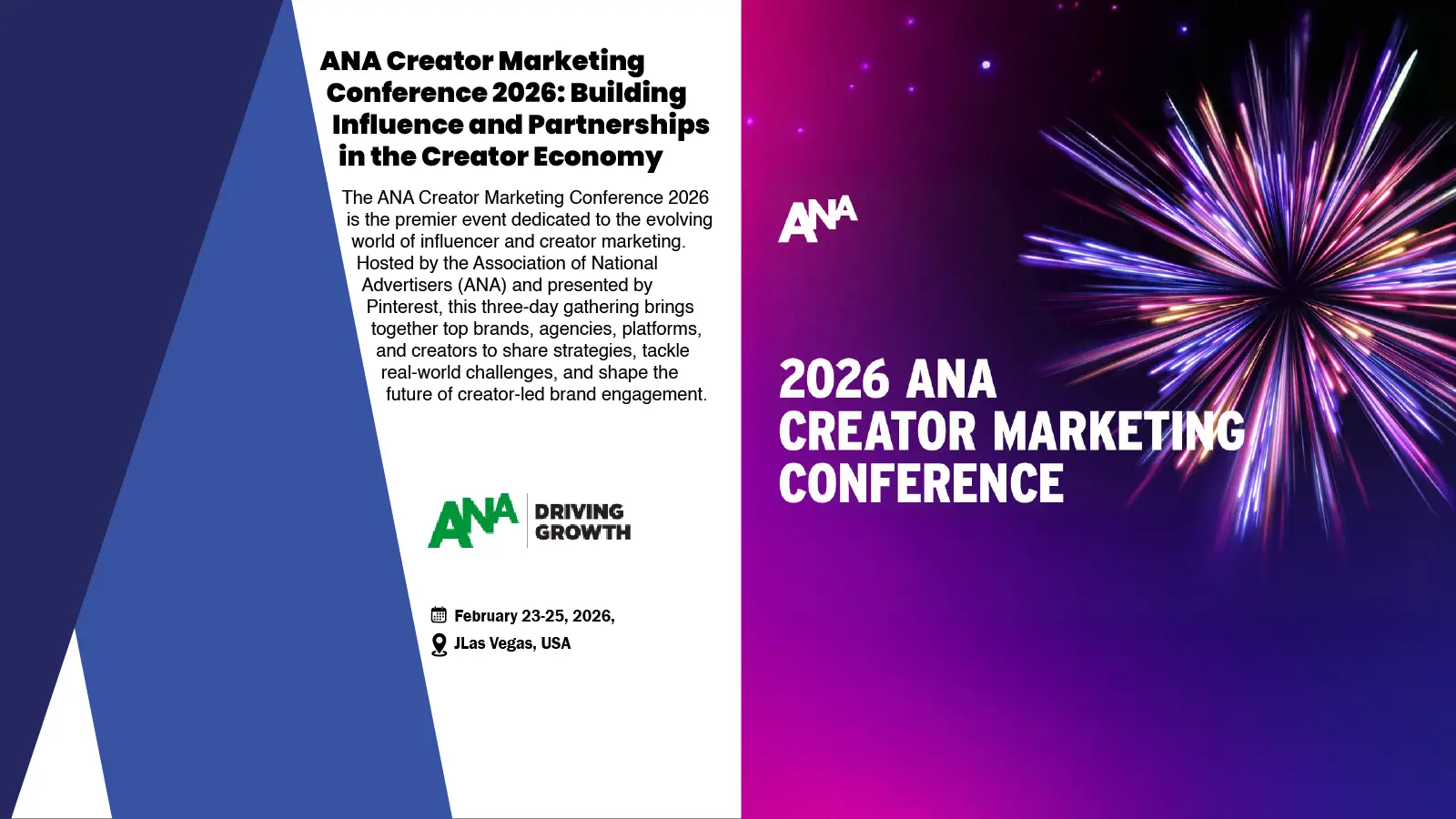


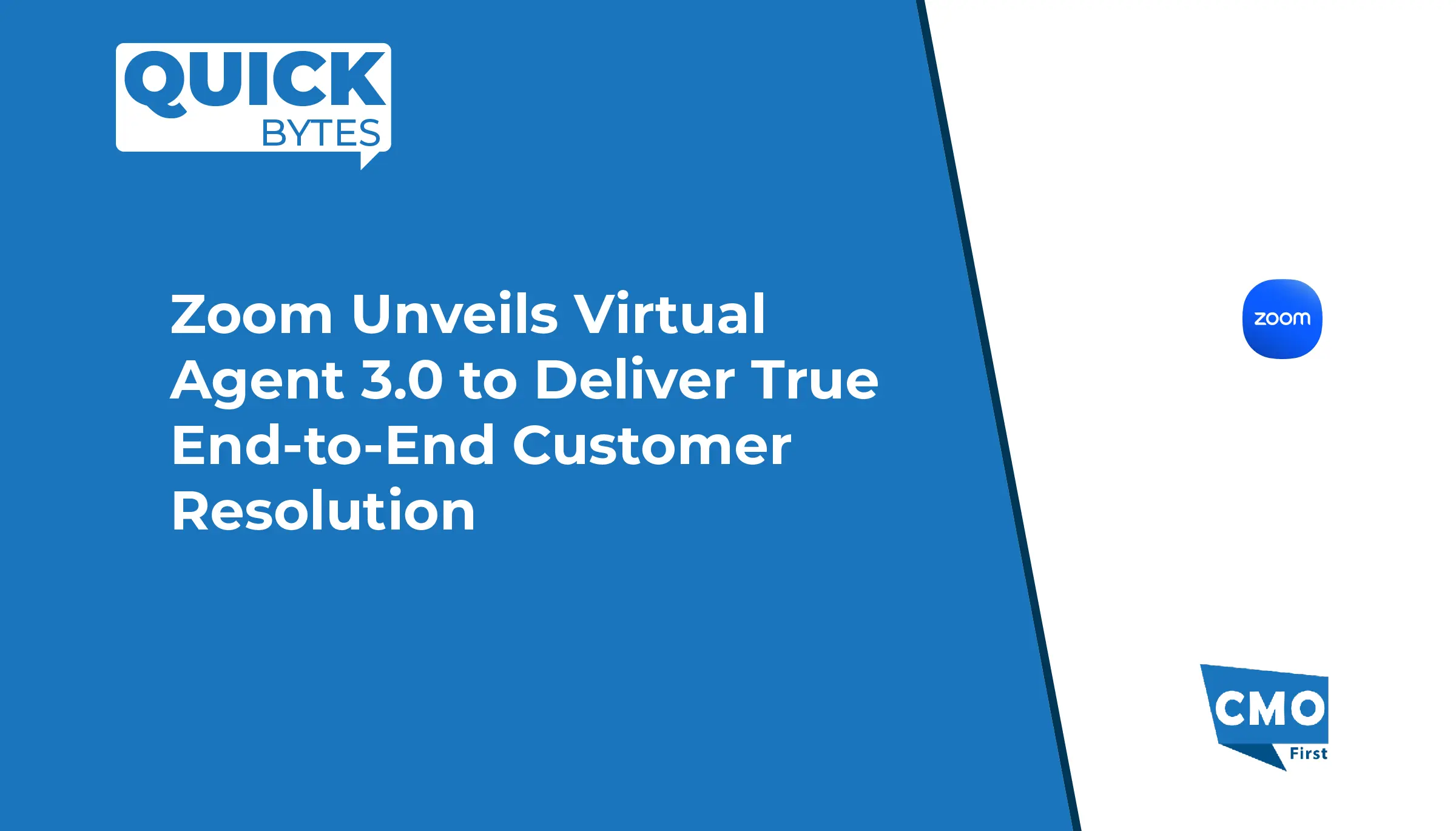
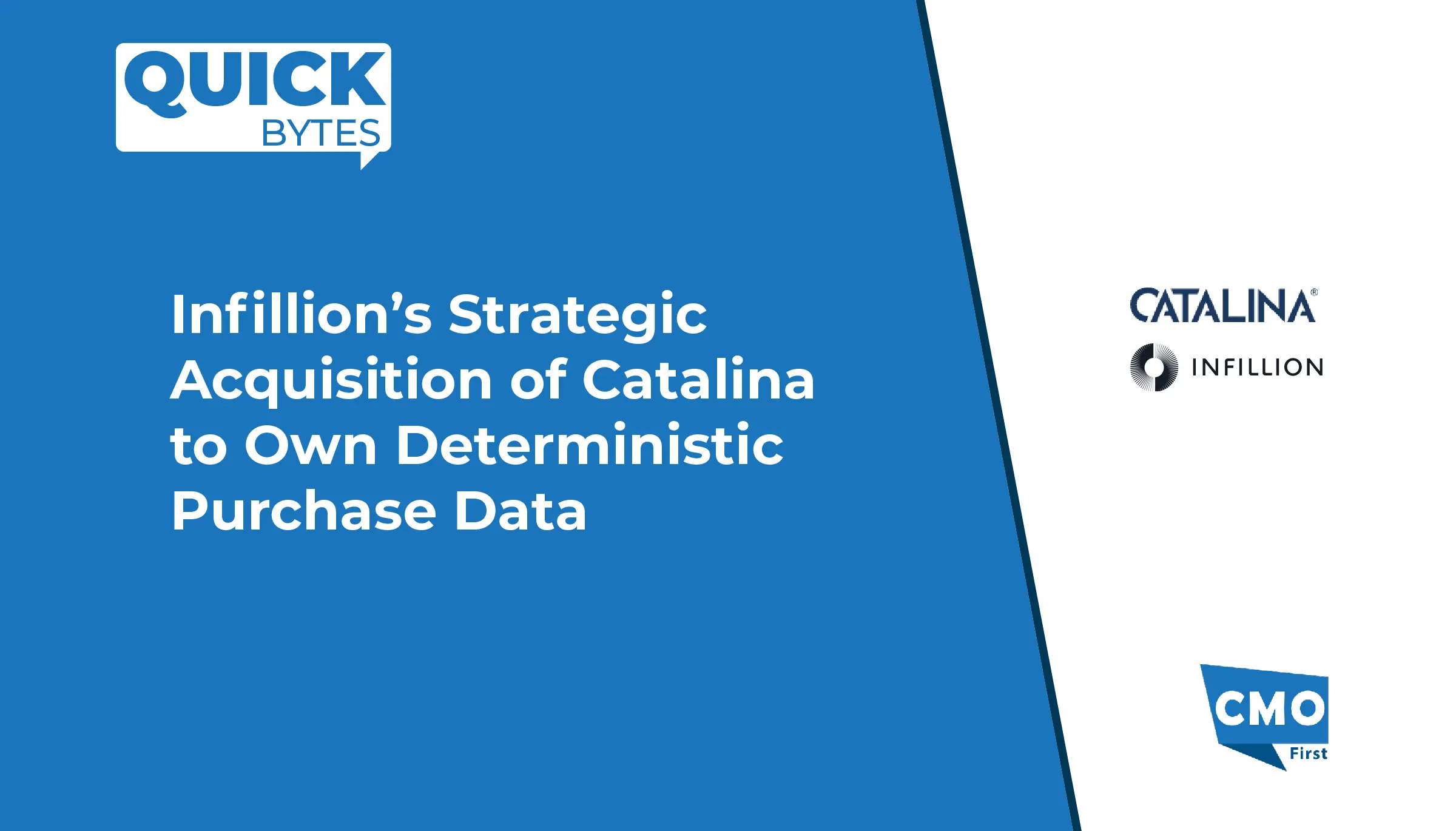
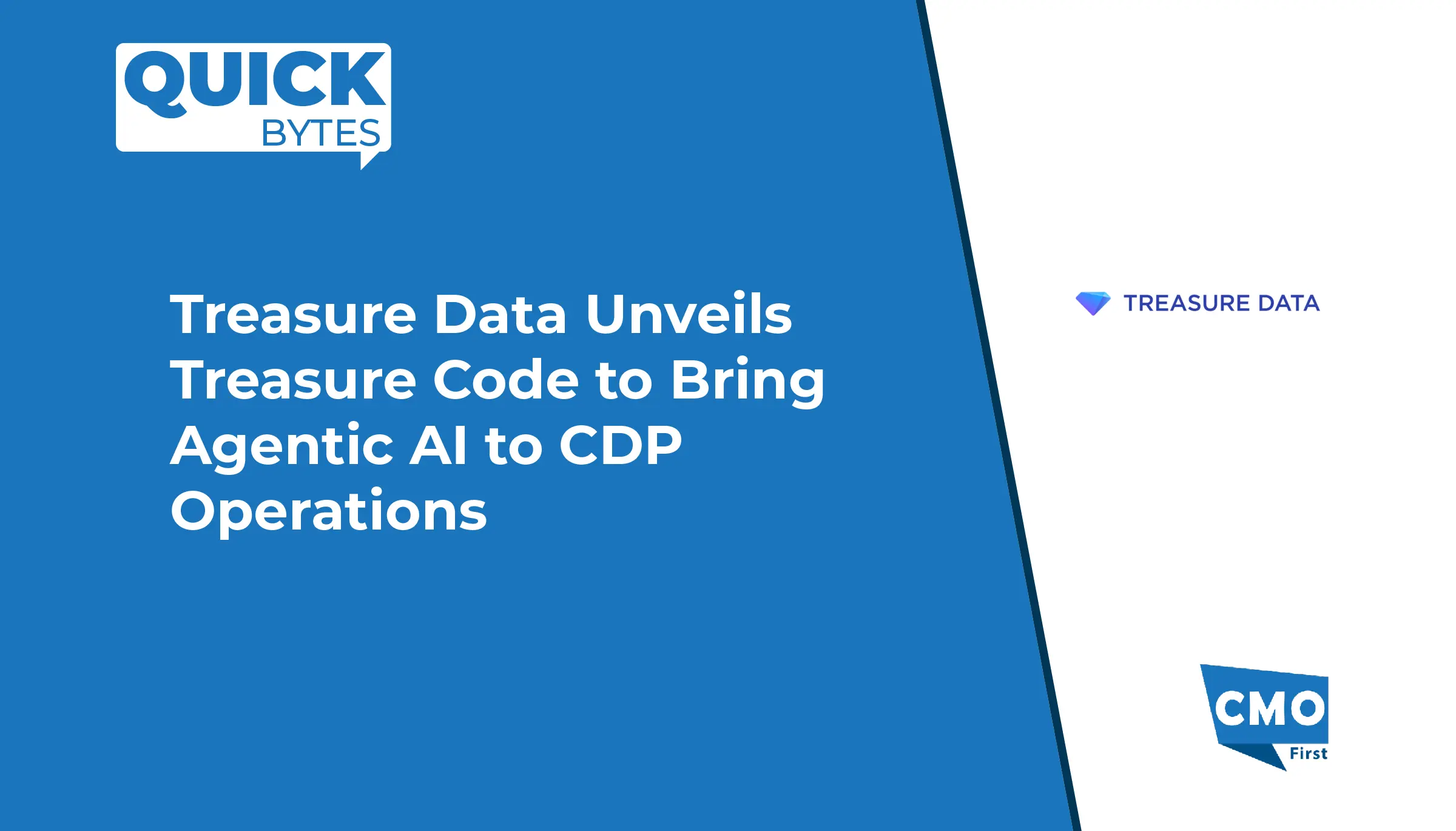




Leave a Reply